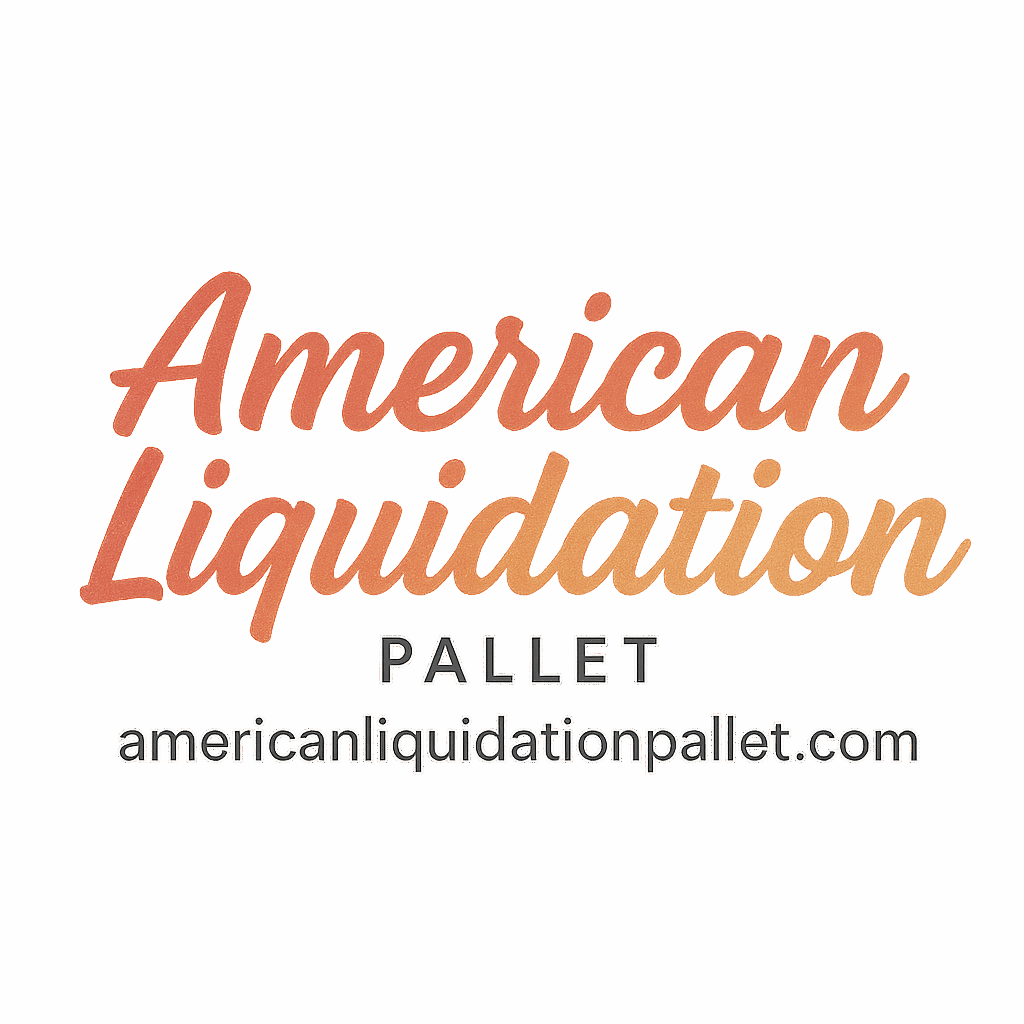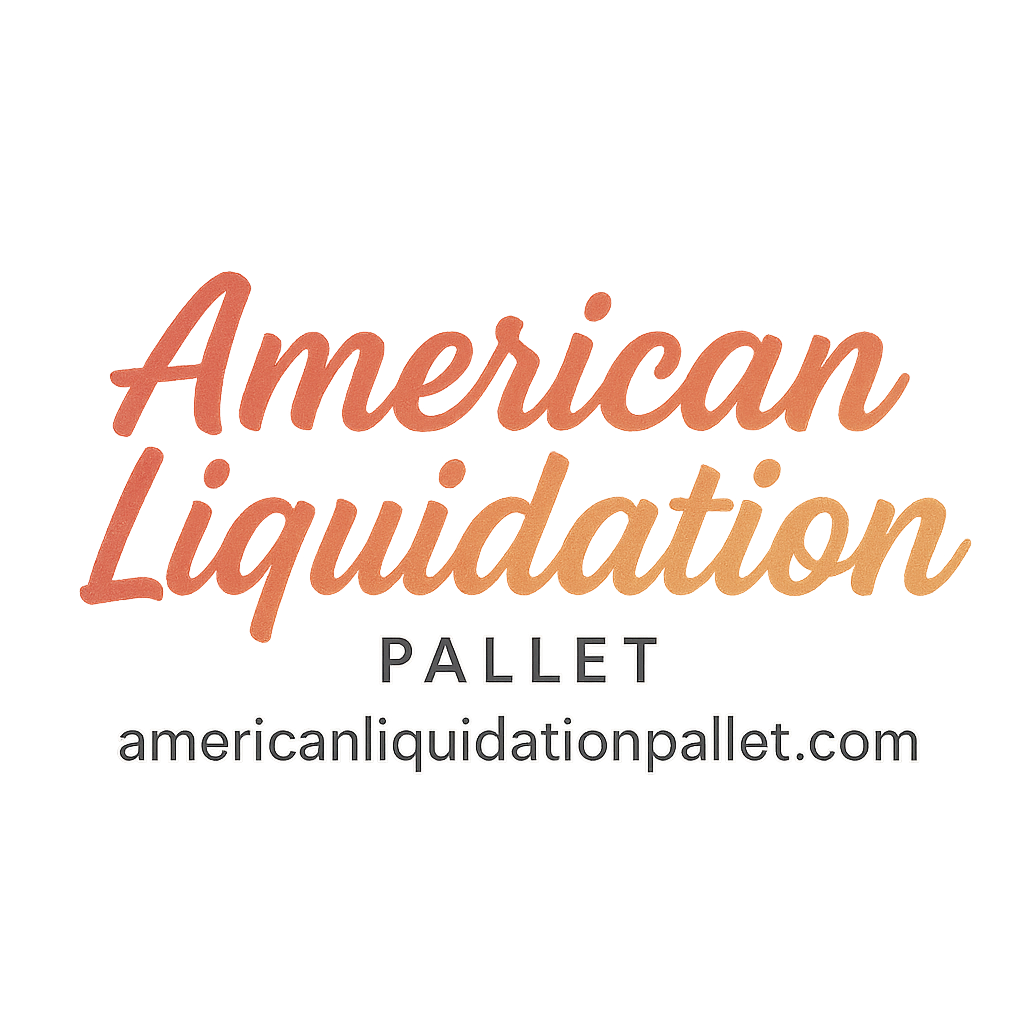Diving into the American liquidation business sounds exciting, right? Bargain pallets, high-profit flips, and the dream of running your own hustle. But before you go full steam ahead, there’s one crucial thing you can’t ignore — legal compliance. Whether you’re sourcing return pallets or selling goods online, the legal side of things can make or break your business.
Let’s walk through 5 key legal considerations you need to know before launching your liquidation venture — all broken down simply, no law degree required.
Understanding the Legal Framework of Liquidation
What is a Liquidation Business?
A liquidation business involves buying and reselling excess, returned, or overstocked inventory — often from big retailers like Amazon, Walmart, or Target. You’re essentially flipping these products at discounted rates for a profit.
This business model is booming thanks to platforms like American Liquidation Pallet which connects buyers to reliable pallet sources across the U.S.
Why Legal Compliance is Crucial
Here’s the deal: you’re not just selling stuff — you’re entering a highly regulated commercial space. Ignoring permits, taxes, or product safety laws could lead to hefty fines, lawsuits, or even your business getting shut down.
1. Choosing the Right Business Structure
Sole Proprietorship vs LLC vs Corporation
Before selling your first pallet, decide how you’ll legally structure your business:
- Sole Proprietorship – Easiest to start but offers zero protection if someone sues you.
- LLC (Limited Liability Company) – Popular choice among resellers for its blend of simplicity and legal protection.
- Corporation – Best if you plan to scale big or take on investors.
Most liquidation businesses start as an LLC due to the protection it offers without too much red tape.
How Structure Affects Liability and Taxes
Choosing the right setup affects how you pay taxes and whether your personal assets are at risk if your business faces a legal challenge. An LLC separates your personal money from your business liabilities — and that’s a major win.
Want to know more about starting from scratch? Check out Basics of American Liquidation for beginner tips.
2. Business Licensing and Permits
Federal and State Licensing Requirements
To operate legally, you’ll need proper licensing. This often includes:
- EIN (Employer Identification Number) from the IRS
- State reseller license or sales tax permit (varies by state)
- DBA (Doing Business As) if you’re using a business name other than your own
These documents aren’t just formalities — they’re legally required.
Local Business Permits
Some counties or cities might require a local business permit — especially if you operate a warehouse or hold inventory.
Online Retail Licensing
Selling on platforms like eBay, Amazon, or even Facebook Marketplace? Check if those require you to provide proof of licensing or reseller certificates. You can explore more in our guide on Buying & Sourcing Liquidation Pallets.
3. Understanding Product Liability Laws
Selling Returned or Used Goods Responsibly
Here’s where things get tricky. You’re not the original manufacturer, but you’re still liable if you sell defective, dangerous, or mislabeled products.
Imagine someone gets hurt using a blender you resold. If it didn’t include proper safety instructions, you might be liable.

Disclosures and Consumer Rights
Make sure to clearly disclose if items are:
- Used
- Open-box
- Missing parts
- Sold as-is
Also, understand consumer return rights, especially if you sell across state lines or on platforms with strict buyer protection rules like eBay or Amazon.
Explore more about resale best practices in Selling & Flipping American Liquidation Goods.
4. Intellectual Property and Brand Protection
Avoiding Counterfeit or Trademarked Items
This one is huge. If you unknowingly buy pallets containing counterfeit or trademarked items, you could be slapped with a lawsuit from major brands.
Always ask suppliers for manifest lists and stay away from sketchy sources. Stick with reputable suppliers like those listed at American Liquidation Pallet.
Partnering with Reputable Sources
Not sure who to trust? Look at platforms tagged under best sites, buying pallets, and online sources for vetted recommendations.
5. Tax Obligations and Sales Tax Collection
Federal and State Tax Responsibilities
You’ll need to pay:
- Federal income tax
- Self-employment tax
- State income tax (where applicable)
Some states even tax inventory — so double-check your local laws.
Collecting and Reporting Sales Tax
Most states now require sales tax on eCommerce sales. If you’re selling on a site like Amazon or eBay, they often collect this on your behalf — but it’s still your responsibility to report it properly.
Need more insights into current tax strategies? Our page on Tips, Trends & Strategies is packed with helpful updates.
Avoiding Common Legal Pitfalls in Liquidation
Starting a liquidation business without legal guidance is like driving without headlights at night. Common issues include:
- Forgetting to register your business
- Selling restricted or recalled products
- Skipping sales tax collection
- Mislabeling refurbished goods
Don’t wing it. Protect your business from day one.
Resources for Legal Guidance in Liquidation
Legal Help for Small Business Owners
There are tons of low-cost legal options out there:
- LegalZoom
- SCORE mentorship
- Small Business Administration (SBA)
- Local Small Business Development Centers (SBDCs)
Helpful Online Resources and Communities
Browse tags like beginner tips, growth, and young entrepreneurs to connect with other resellers and learn from their legal journeys.
Final Thoughts
Starting your American liquidation business is an amazing move — especially in today’s economy. But don’t cut corners on the legal stuff. Whether it’s your business structure, tax duties, or avoiding counterfeit items, getting compliant from the start will save you massive headaches later.
Stay informed, stay protected, and remember: a solid legal foundation is what turns side hustles into long-term businesses.
Check out Success Stories & Case Studies to see how others are winning in the liquidation game — legally and profitably.
FAQs
1. Do I need a license to sell liquidation pallets online?
Yes, most states require a reseller license or sales tax permit even if you only sell online.
2. What kind of business structure is best for liquidation?
Most resellers go with an LLC because it offers legal protection and tax flexibility.
3. Can I get sued for selling a defective product I didn’t make?
Absolutely. If you resell it, you take on liability — that’s why product inspection and disclosure are critical.
4. How do I avoid selling counterfeit products?
Only buy from verified sources and request item manifests. Avoid deals that seem “too good to be true.”
5. What taxes do I need to pay in this business?
You’ll be responsible for federal, state, and local taxes, plus possibly sales tax collection depending on where you sell.
6. Can I run a liquidation business from home?
Yes, but check local zoning laws and permit requirements — especially if storing large volumes of goods.
7. Where can I learn more about liquidation legally and profitably?
Explore guides and resources at American Liquidation Pallet, especially under tags like ecommerce, amazon, and competitive edge.


